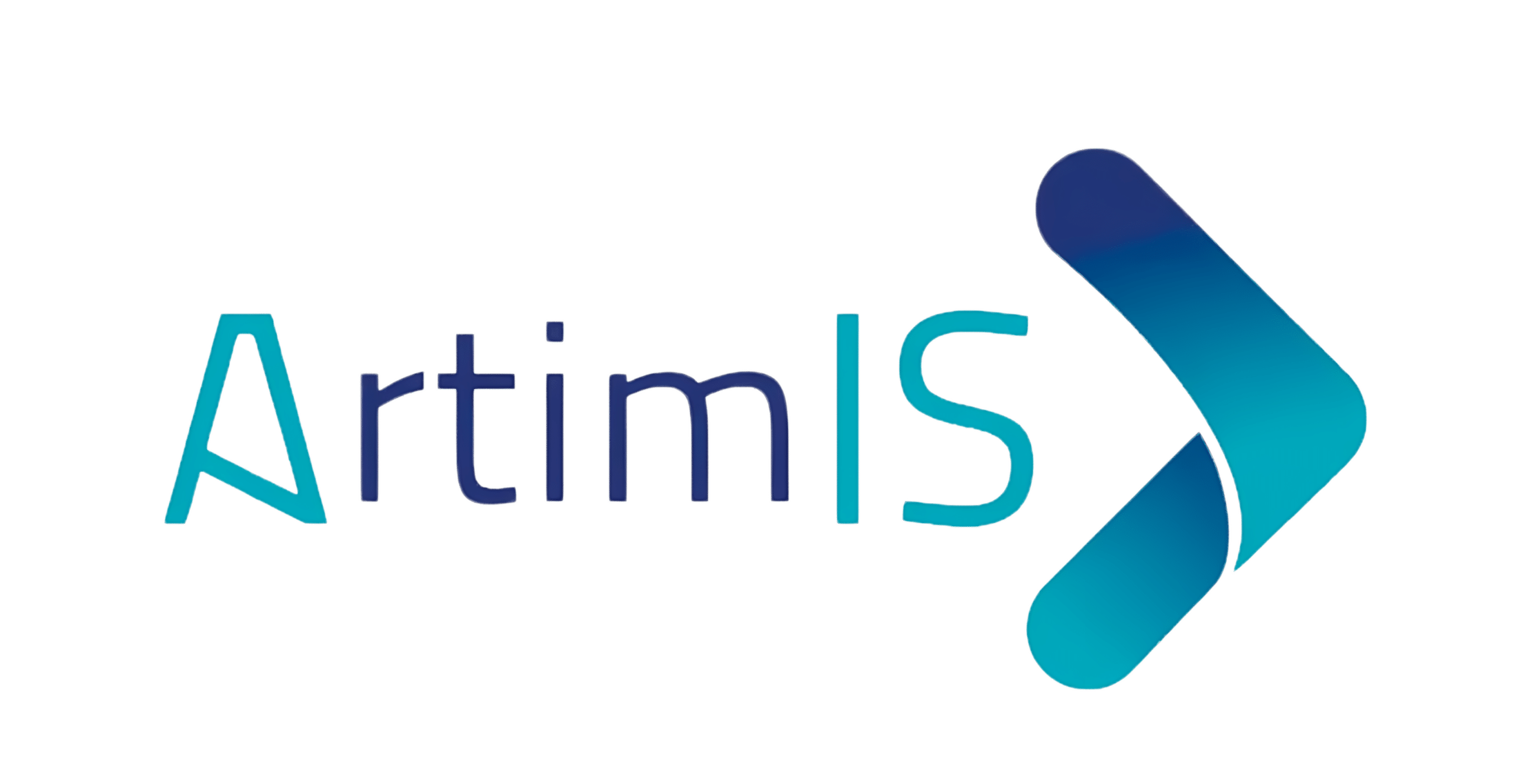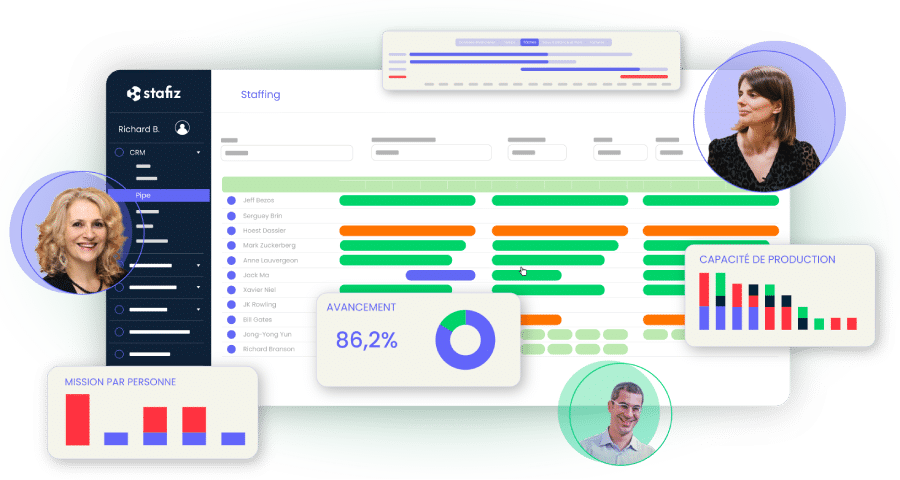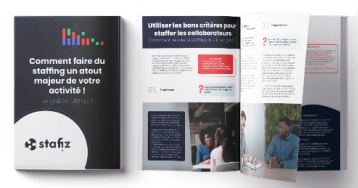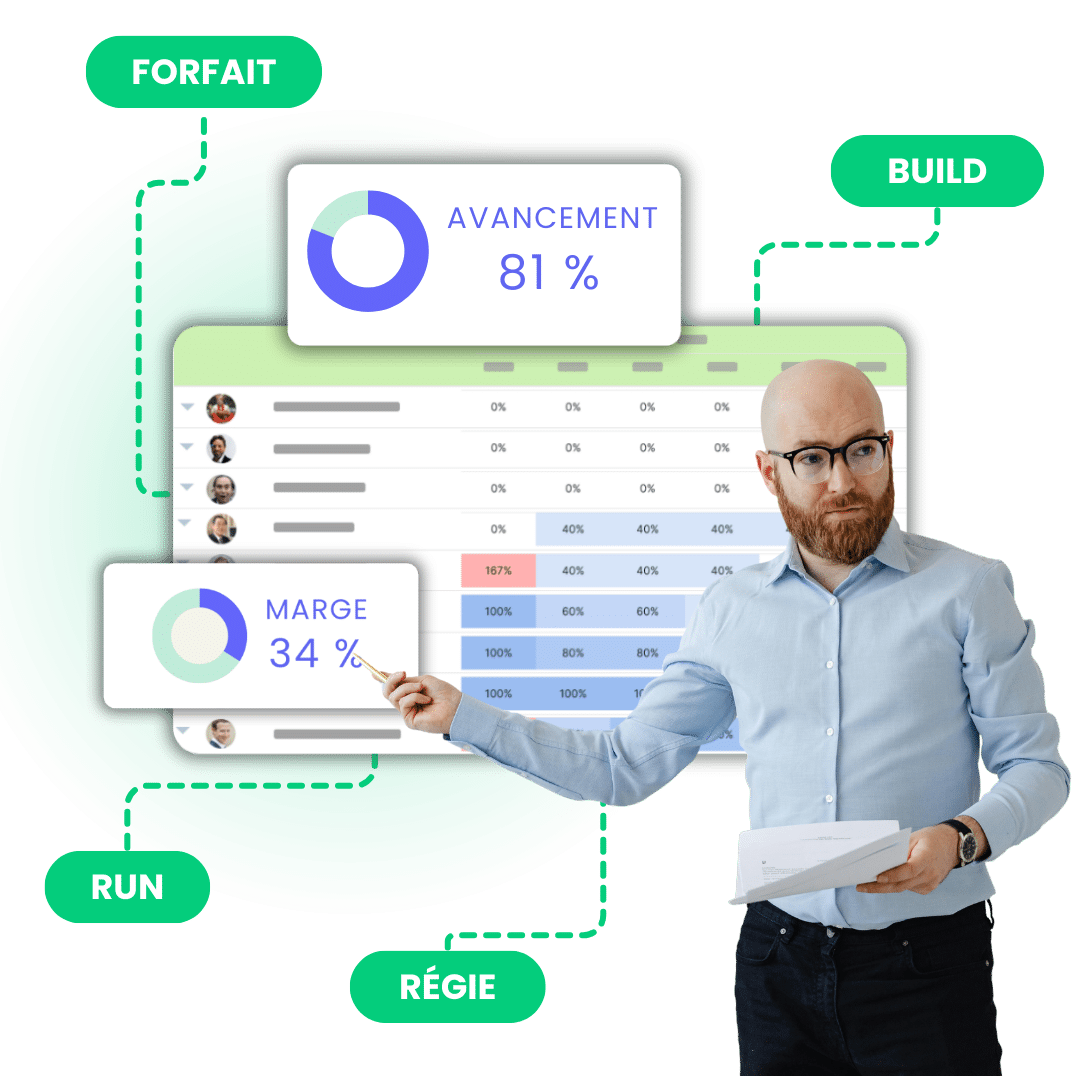Interview avec YouMeO
Interview
Notre entretien avec Raphael Beziz, cofondateur de YouMeO.

YouMeO est un cabinet de conseil spécialisé dans la stratégie et l’innovation, fondé par Raphael Beziz et Martin Mayer il y a six ans. Leur petite équipe a rejoint le grand cabinet Bearing Point en ce début d’année 2021. Cette nouvelle collaboration permet à YouMeO d’élargir son horizon, d’agrandir leur équipe et d’enrichir leurs compétences. Nous échangeons avec Raphaël Beziz sur le monde du conseil post-covid, les évolutions pour l’industrie, pour les collaborateurs et de manière générale dans le travail. Le fondateur de YouMeO nous parle au cours de cette interview de sa vision sur ce qui s’est passé dernièrement et ses perspectives pour l’avenir.
“Félicitations pour votre rapprochement avec Bearing Point !
Merci. On ne sera pas les seuls à se rapprocher d’un autre cabinet de conseil en 2021. J’ai tendance à croire que ces projets de rapprochement vont s’accélérer. Dans le marché de l’innovation, nous avons vraiment vécu tout le cycle : il y a eu plein de petits pureplayers qui se sont créés, dont nous, et certains ont mieux résisté que d’autres. Il y a beaucoup d’acteurs qui se lancent, certains qui meurent. Il n’y a pas de place pour tout le monde, certains arrivent à rester autonomes et d’autres prolongent leur croissance en se faisant racheter.
Le contexte de l’an dernier accélère-t-il ce genre de situation ?
Oui, car il peut mettre en difficulté des petits acteurs comme nous, et c’est là que naissent les opportunités. Pour des gros acteurs c’est l’occasion de racheter des boîtes un peu en dessous de leur valeur.
Pouvez-vous présenter YouMeO ?
Nous sommes une petite agence spécialisée dans l’innovation. On s’est monté il y a six ans avec une équipe d’une dizaine de collaborateurs. Nous accompagnons tous les sujets d’innovation dans les organisations – que ça aille de la stratégie d’innovation (dans quelle direction innover ? Quels sont les terrains d’opportunité ?) – à l’accompagnement plus opérationnel des projets d’innovation dans la phase amont d’émergence. C’est-à-dire que ça va de la compréhension fine des besoins clients jusqu’à un concept que nous avons prototypé et testé avec des utilisateurs.
Nous n’accompagnons pas les phases de déploiement et de mise en œuvre, Bearing Point s’en charge et ils sont capables de faire cette partie-là, d’où le rapprochement. On est vraiment dans la partie amont d’émergence de nouveaux projets. Ça peut être des nouveaux services : physiques ou numériques, des nouveaux parcours d’expérience clients, des nouveaux espaces de ventes, des produits etc.
La troisième chose c’est que nous travaillons sur l’organisation de l’innovation. En tant qu’entreprise, comment se structurer pour encourager l’innovation ? Est-ce qu’il faut que l’innovation soit l’affaire de tous ? Comment créer une culture de l’innovation ? Quels sont les réflexes à créer ? Comment anime-t-on ça dans la durée ? C’est plus sur les process, sur la formation, les modes de management et la culture…
Vous travaillez plutôt avec des grands groupes ?
Des grands groupes, oui essentiellement 90 %. Après nous travaillons aussi avec des boîtes un peu plus petites. Cette année nous avons travaillé pour Blablacar, Photomathon. On travaille pour des PME ou des start-up qui n’en sont plus trop en général. Je peux vous citer quelques noms de grands groupes comme SNCF, Société Générale etc.
Est-ce que 2020 a créé une rupture dans votre métier ?
De ce qu’on a pu constater en interne : dans les modes de fonctionnement il y a un vrai défi qui est la phase d’avant vente commerciale car nous sommes dans un métier où il faut créer de la confiance rapidement, nous vendons des prestations intellectuelles. C’est rarement par la méthodologie et la démarche qu’on se différencie. Mais c’est vraiment par ces premiers échanges que l’on comprend la problématique d’un client, qu’on l’aide à structurer et que nous lui montrons que nous pouvons lui apporter de la valeur. Ne pas pouvoir se voir, ne pas pouvoir faire de déjeuners durant lesquels nous en parlons à bâtons rompus, ne pas pouvoir créer ce lien humain dans la phase initiale est un vrai défi.
Il faut trouver de nouvelles façons de créer ce lien-là. Pour l’instant nous capitalisons sur l’acquis, nous avons déjà d’autres clients et prospects qui nous connaissent, ce qui aide. Les batteries étaient pleines il y a un an mais elles se vident petit à petit et il y a un vrai sujet pour remplir de nouveau ces batteries dans un monde où ce lien va être plus difficile à créer.
Il faut se réinventer dans notre façon de gérer la relation client, trouver d’autres façons de créer du lien (les webinaires sont plutôt limités), comme avec le bouche-à-oreille pour se faire connaître par des gens qui ne sont pas dans notre premier cercle.
La baisse du nombre de projet après la crise a laissé du temps et les cabinets s’en sont saisis pour faire des livres blancs et produire du contenu. Il y a un enjeu de se démarquer car chacun fait des choses très intelligentes. Comment va-t-on apporter un angle de vue différent ? Apporter notre pierre à l’édifice pour marquer notre empreinte ? Il y a plein de choses à faire sur le contenu, sur la forme et sur le fond, trouver des formats plus interactifs. Il faut aller chercher les challenges clients pour pouvoir montrer que nous avons des choses intéressantes à apporter.
Dans la vie des projets il y a pas mal de défis, surtout pour nous car nous sommes dans une posture particulière, sur du « faire faire » ou du « faire avec ». On est dans le fait de créer des conditions d’intelligence collective, faciliter des temps forts et faire en sorte de croiser les idées pour arriver à de nouveaux concepts. Ça passait beaucoup par des temps durant lesquels nous nous réunissions vraiment pour rebondir sur les idées des autres. Aujourd’hui il y a vraiment une barrière, même si les plateformes comme Team, Zoom aident beaucoup pour rester efficaces. Mais pour l’innovation il y a une perte dans le travail à distance. Il faut que l’on se réinvente sur cela, il y a plein d’outils qui permettent d’accompagner la créativité, mais je trouve que c’est moins efficace que des temps en présentiel. Il faut réinventer les temps collectifs.
Est-ce possible de repartir comme avant ou y a-t-il une rupture ?
C’est dur à dire, je pense que nous nous dirigeons vers quelque chose d’hybride. J’ai l’impression que de nouveaux réflexes se sont installés parce que nous nous sommes rendu compte que tous ces outils à distance permettent d’être efficaces. Où met-on met le curseur entre l’efficacité et l’innovation. Il y a souvent des tensions entre les deux dans les sociétés. Être très efficace est parfois incompatible avec le fait de chercher la prochaine bonne idée et préparer le coup d’après.
Nous pouvons aussi parler d’exploitation et d’exploration. L’exploitation c’est mieux faire que ce que l’on fait déjà aujourd’hui, aller chercher des parts de marché en plus, des clients en plus, gagner en efficacité dans les processus. L’exploration, c’est aller chercher des nouveaux champs. Ce qui marche bien c’est l’exploitation, nous avons plus de mal à faire de l’exploration. On a une batterie, et des idées mais il faut réalimenter la batterie. Les boîtes ont pris conscience de cela. Nous avons tous pris conscience de la limite d’enchaîner des réunions à distance back to back. Beaucoup de lucidité s’est créée autour de ces modes de travail. Nous allons probablement arriver à un compromis entre les deux.
Les temps seront réorientés, pour les temps passés ensemble nous allons privilégier du quality time, pour avoir des temps d’intelligence collective, travailler sur des sujets de fond, des sujets nouveaux. Il y aura peut-être plus de maturité sur ce qu’on peut réellement faire à distance et ce que l’on peut faire en se retrouvant dans un même lieu.
Quels grands changements y a-t-il dans l’attente de vos clients (en termes de transformation digitale) ? :
Il y a beaucoup de choses qui ne se sont pas arrêtées pendant le confinement, des sujets ont été dépriorisés et comme toujours, le coup de frein est mis sur tout ce qui paraît annexe pour se concentrer sur les fonctions essentielles et survivre dans un moment de forte turbulence. Mais je sens que c’est déjà reparti depuis septembre et encore plus depuis janvier. Les clients réinvestissent de leur temps pour se poser des questions plus en profondeur et faire évoluer leur modèle ?
Il y a eu un effet de mode sur le digital pendant longtemps, et maintenant les clients attendent de voir le résultat. Ils cherchent à faire moins de choses mais avec plus d’impact. On est revenu à un temps où la raison est importante. Cela rejoint un retour à l’essentiel. Qu’est-ce que nous voulons proposer à nos clients ? Ce serait bénéfique qu’il y ait ce recentrage vers quelque chose qui a plus d’impact pour les clients, les entreprises, la société dans son ensemble…
Parlez-nous du rapprochement avec Bearing Point :
C’est parti de la volonté d’avoir plus d’impact justement, nous étions frustrés d’accompagner des projets très en amont mais dont on décrochait au moment de passer à l’action. On ne voyait pas toujours le résultat tangible de ce qu’on faisait. Nous nous sommes demandé comment aller jusqu’au bout ? On a eu cette envie de se rapprocher de cabinets qui savaient faire ça, pour avoir toute la chaîne de valeur du projet.
En étant chez Bearing Point, nous perdons un peu en liberté et autonomie, mais nous gagnons fortement en impact. Avec Bearing Point nous pouvons aller sur de plus gros projets tout en conservant notre autonomie de staffing. Ce projet s’accompagne d’une ambition de croissance forte et d’une volonté de faire grandir l’équipe.
Avez-vous un conseil à donner à des gens qui se lancent, qui veulent créer leur société de conseil ? :
Ne pas passer trop de temps à réfléchir sur des offres mais passer du temps avec les clients, comprendre leurs besoins. À partir de là, réfléchir à ce que nous pouvons leur proposer. Je vois souvent cet écueil de vouloir faire une super offre, un super site web, mais il y a un gros risque de complètement tomber à côté de la plaque. Le meilleur investissement de temps dans les premiers mois, les premières années c’est de partir des besoins clients, de discuter concrètement des enjeux et projets en cours, des sujets sur lesquels ils ont besoin d’accompagnement et les offres suivent dans un deuxième temps. Contrairement à d’autres types de start-up, où l’offre et le produit sont très importants, dans le conseil c’est un peu la logique inverse qui prime.
POUR ALLER PLUS LOIN : Lisez ici notre article sur comment l’industrie du conseil a été affectée par la crise en 2020 et ses perspectives pour l’avenir.
D’autres articles pourraient vous intéresser

Optimisation de la Gestion de la Relation Client (GRC) avec Stafiz : le cas d’Artimis
Natalia Duarte...


